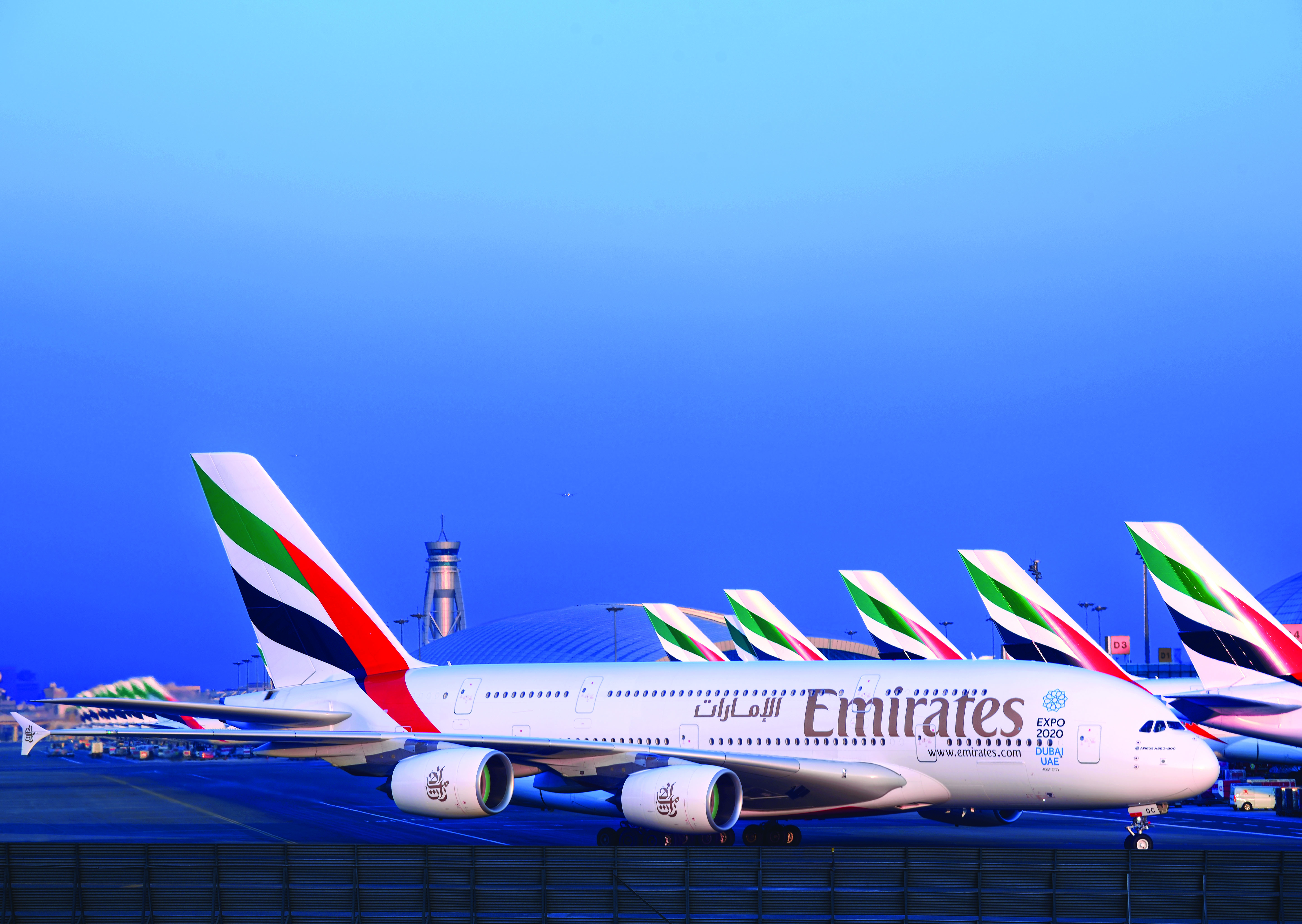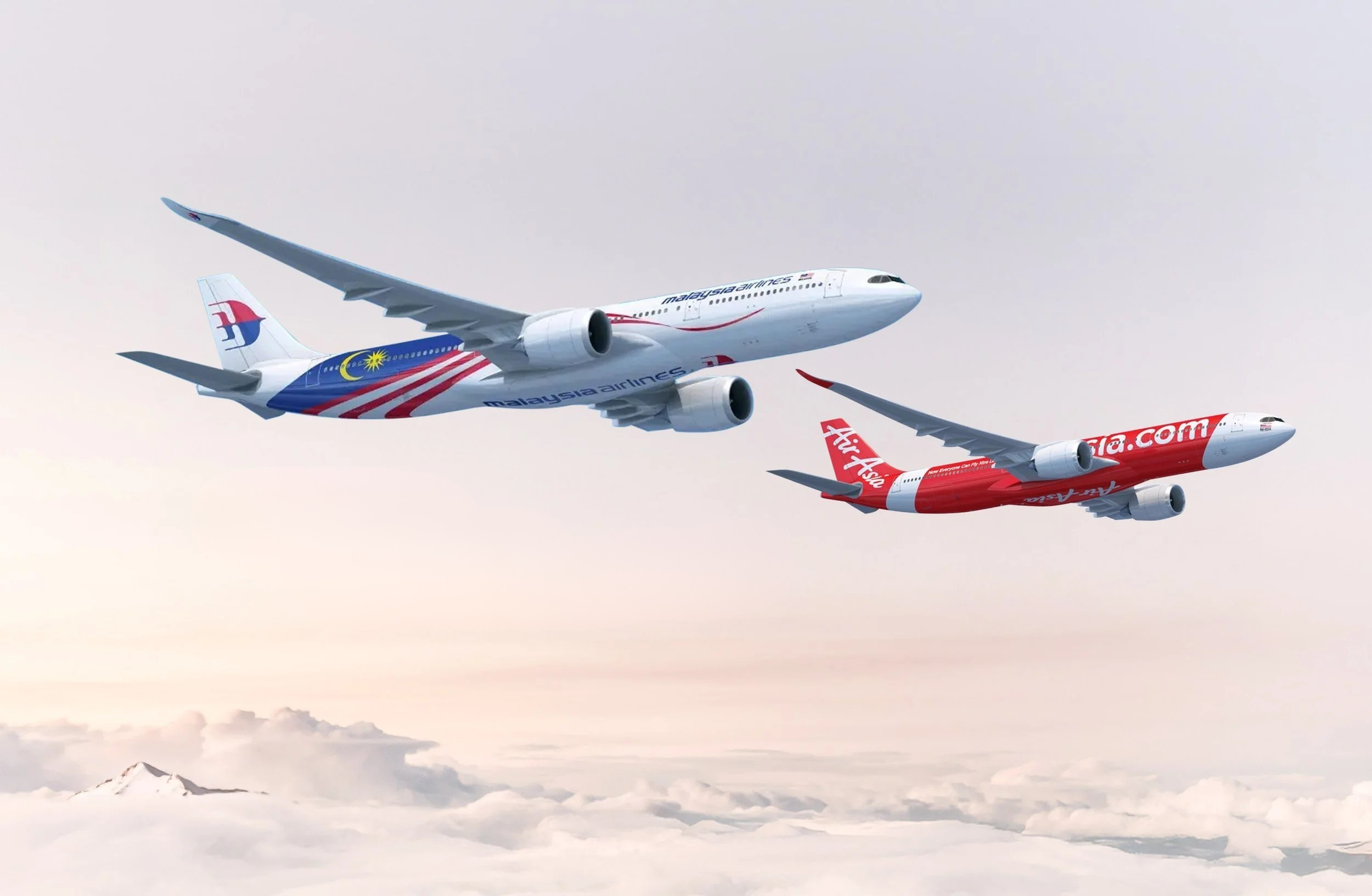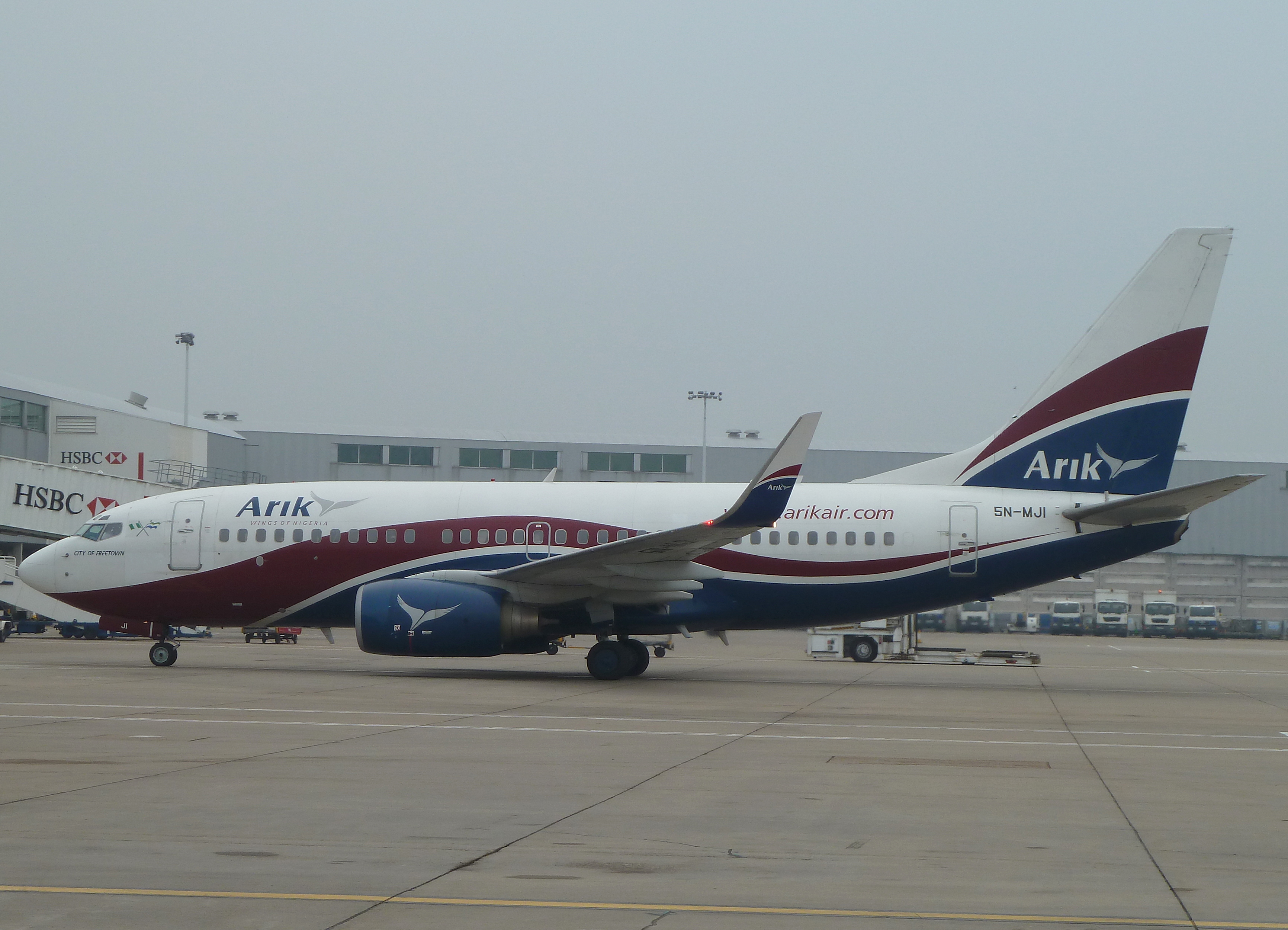The head of a leading airline group has urged passengers not to let the blaze of publicity over the Boeing 737 MAX tragedies undermine their confidence in the wider aviation system.
Manufacturer Boeing and the US Federal Aviation Administration have come under intense scrutiny by media and government after the crash within five months of each other of two Boeing 737 MAX aircraft.
The crashes have led to questions about the FAA’s oversight of Boeing and whether the MAX certification process had been in some way compromised.
A number of investigations are underway into the saga and it remains unclear when it will return to service.
Several studies have also shown that many fliers will be reluctant to fly on the aircraft even when it’s cleared to fly again.
READ: Ethiopian CEO is confident on Boeing's MAX.
But Association of Asia Pacific Airlines director general Andrew Herdman said the industry had an extraordinary safety record of continuous improvement that had been achieved by the current system as it had evolved over decades.
Herdman said manufacturers, operators, maintenance organizations and air navigation service providers were all committed to safety.
“The main thing to understand is it’s not an industry that just focuses on business objectives… and then the regulator oversees safety,’’ Herdman told AirlineRatings at the sidelines of the recent International Air Transport Association annual meeting in Seoul.
“That’s not the model at all -- and that applies to building aircraft, designing them, manufacturing them, operating them.”
Herdman said safety was not just about the FAA and Boeing but about the overall system and the application of global standards under the International Civil Aviation Organization.
“That’s the system that’s made flying extraordinarily safe, “ he said. “We track the statistics and 15 years ago there was one major accident per million flights.
“Then it was one for two million, then one per three million and it’s currently running at about one per five million.
“So in 15 years, you’ve had almost a five-fold improvement in safety.”
Herdman said the number of global accidents AAPA tracked reduced from about 20 per year through the teens and into single digits.
“In 2017, there were none,” he said.
“So you’re managing millions of safe flights but you learn when you get these catastrophic failures.
“Every accident becomes a shock so we’ve had two 737s and recently the Sukhoi Russian accident and each of those comes as a shock and we come under increased scrutiny.
“And obviously in the case of the MAX, there’s s design issue as well so it’s raised all sorts of questions.
“But I think the main thing is the public is right to have a high level of trust in the safety flying and that’s well founded.
“I think the traveling public recognize that and they’re happy to trust the system – trust the manufacturers, trust the operators, trust the national regulators.”
Asked under what circumstances the MAX should be returned to service, Herdman said it was clear the FAA had the authority to certify the changes and declare the plane airworthy.
“They don’t need anyone else’s permission, it’s not joint decision making,’’ he said. “But by the same token, other national regulators have their own discretion as to whether to accept that.
“They’ve all signed bilateral agreements with each other to not unnecessarily duplicate regulatory oversight but that doesn’t mean they don’t have independent authority.
“They can either block their own operators from operating the type, or they can declare the airspace is not open to that type or they can simply say we want additional training requirements.”
The AAPA boss said a lot had been said about the cascade of shutdowns by various regulators but noted it had been less than a week between Chinese authorities telling their operators not to fly the type and the FAA grounding.
He noted different authorities implemented the grounding in different ways with China telling its airlines to stop operating the MAX but not foreign operators and Singapore banning operations in its airspace.
The FAA waited four days for data showing there were similarities between the two crashes.
“You could say why did China act,’’ he said. “I think China said the evidence of the similarities between the accidents is enough we take the decision to ground it: we’re concerned and then we’ll verify the degree of similarity.
“The FAA said ‘we want to see some data” and within four days they had some very strong data suggesting there were more than superficial similarities.”
Herdman said it would be much neater if there was a simultaneous meeting of minds and decisions by regulators because otherwise, it made life difficult for operators.
“So that from a convenience point of view but it’s not our call, it’s the regulators’ call,’’ he said, adding that he expected the FAA to make the decision first because it was the state of design.
He said it could be a situation where the US carriers could operate domestic flights while others had to satisfy additional requirements.
The MAX groundings were a major topic of discussion at IATA with several airline executives expressing confidence Boeing and the regulators would sort out any issues with the grounded planes.
But IATA director general Alexandre de Juniac warned that the accidents had put the industry reputation in the spotlight and that a rift between regulators was not in anybody’s interest.
“Investigations will ultimately reveal the cause. And a remedy will be found,’’ de Juniac said.
“The consequences of these tragedies, however, go far beyond the technical. Trust in the certification system has been damaged—among regulators, between regulators and the industry and with the flying public.
“Everyone must be confident that processes are sufficiently thorough not to warrant duplicative and redundant examinations jurisdiction by jurisdiction.”
De Juniac called for close collaboration between manufacturers and global aviation authorities.
“This is about more than restoring confidence in how aircraft are certified,’’ he said.
“ When issues arise, coordination among regulators and with industry must improve.
“People were confused as grounding decisions rolled out in some markets while it was business as usual in others. Put yourselves in the shoes of travelers and I am sure anyone would expect better.
“To be clear, I am not advocating for knee-jerk reactions. But governments and industry must find a way to maintain public confidence in safety with fast and coordinated responses.”
IATA met with 737 MAX operators last month and shoring up trust among regulators and improving co-ordination will be among the topics taken to a follow-up summit of airlines, manufacturers and regulators.
Steve Creedy traveled to Seoul courtesy of Korean Air and IATA
Have questions or want to share your thoughts?
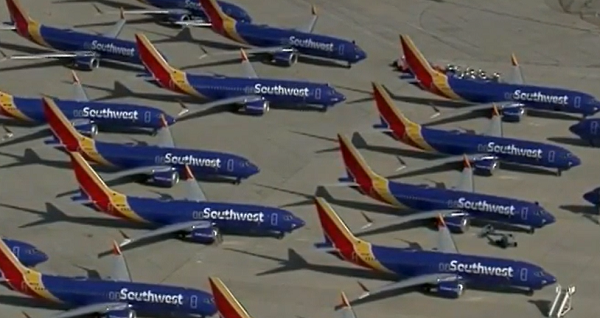
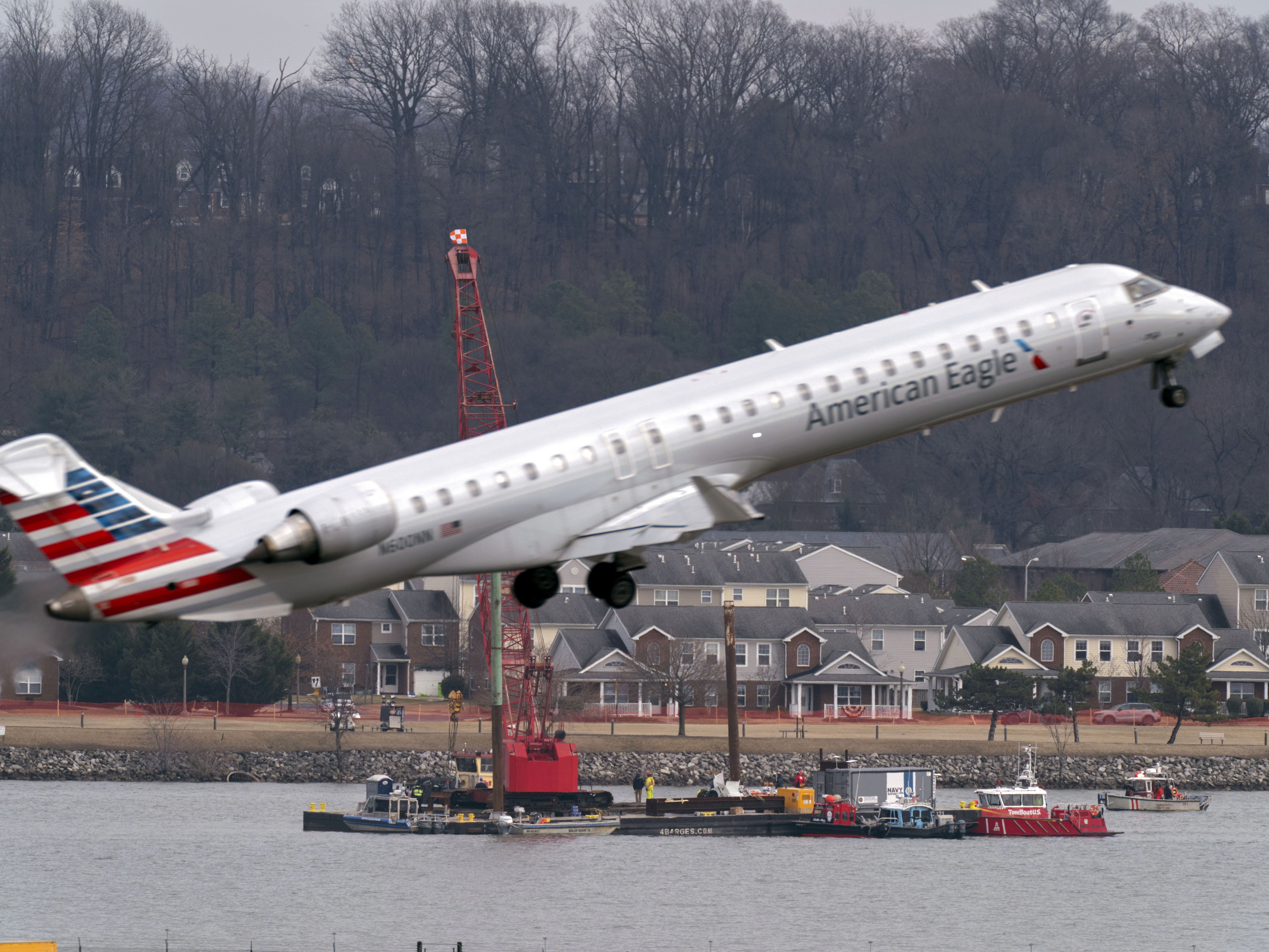
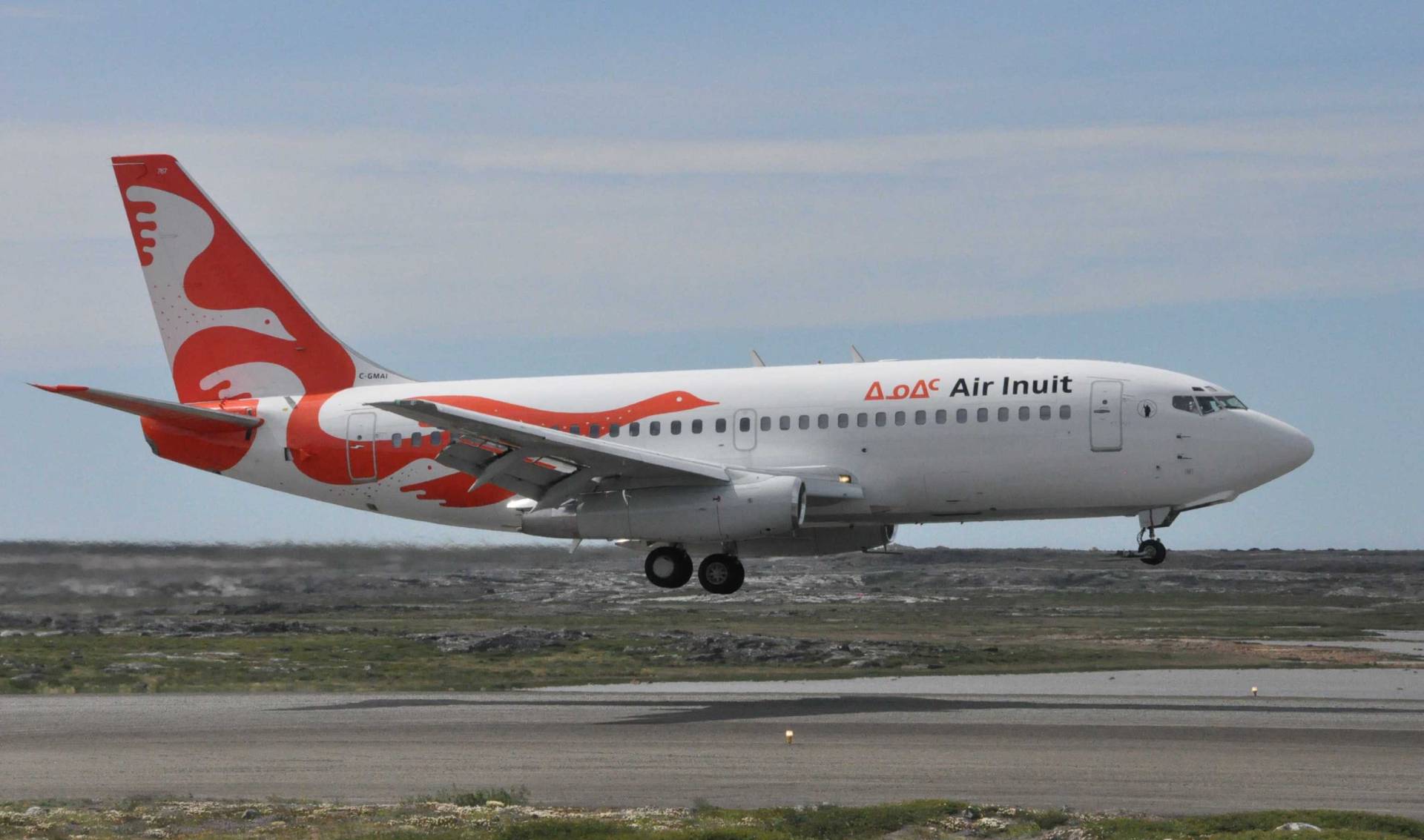
.jpg)
